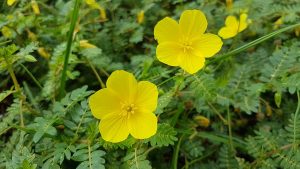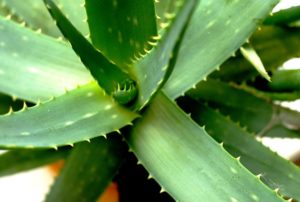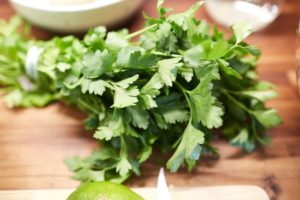Natural Acne Treatments
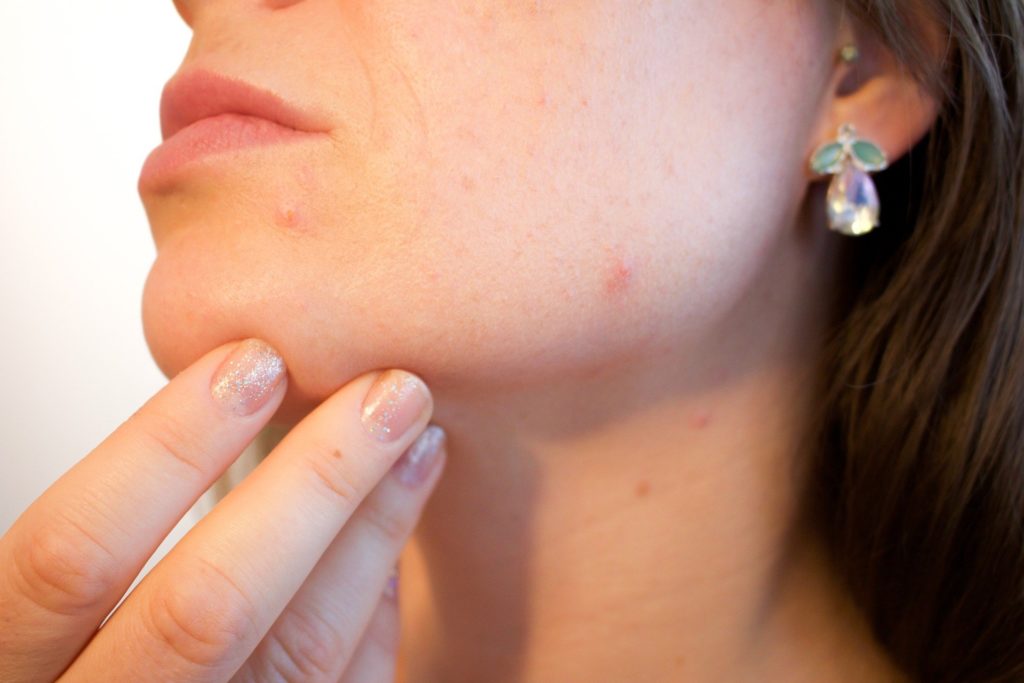
As a teenager, it’s not unusual to develop acne. Usually as you get older, acne tends to go away, yet for some, acne can recur even into adulthood. While standard topical treatments can help, they can be harsh on the skin. Drug therapies including antibiotics or retinoids can also cause concerning side effects.
In more serious cases, acne can become red and inflamed leading to scarring on the face and body. Acne can also exacerbated by bacteria that live on the skin. Therapies for treating acne generally target the bacteria directly or work to decrease the underlying inflammation.
Natural treatments that have been shown to help with acne include:
- Tea tree oil
- Zinc
- Green tea
- Black Seed (Nigella sativa)
- Diet, essential fats and probiotics
Tea Tree Oil
Essential oils are potent, volatile plant extracts that often have medicinal activity. Tea tree oil is an essential oil derived from the leaves and twigs of an Australian shrub Melaleuca alternifolia. Research has shown that tea tree oil has antimicrobial and anti-inflammatory activity (Winska 2019, Salvatori 2017) both of which may be why it helps reduce acne.
Studies on tea tree oil for acne have shown that it can work as well as over-the-counter benzoyl peroxide with less skin irritation (Bassett 1990). When compared with a topical placebo, tea tree oil was just over 3.5 times more effective at reducing pimples and 5.75 times more effective at reducing acne severity (Enshaieh 2007). Tea tree oil is generally used in a carrier gel at concentrations around 5%. While side effects are generally mild, there is still the possibility of skin reactions with its use.
Concerns have been raised for hormonal side effects from tea tree oil, although case reports are extremely limited. There’s a single case report of male breast development in a child after using a combination product containing tea tree and lavender oils. Due to this case, further experiments found estrogenic effects from tea tree oil in cell cultures. However, cases of male breast development have been documented with exposure to lavender oil alone, making it difficult to ascertain if tea tree oil caused the problem (Henley 2016). Acting with an overabundance of caution, it may be worth limiting the use of tea tree oil until after puberty.
Zinc
Zinc is a mineral needed for proper immune function, DNA synthesis, and wound healing. It’s also commonly lacking in the diet, with almost half of the world’s population estimated to be at risk for deficiency (Brown 2001).
Due to its benefits for wound healing and helping inflammation, clinical trials using zinc for acne have been explored. Research has shown that acne patients are often deficient in zinc. Giving zinc supplements was found to be beneficial, reducing acne 3.5 times more effectively than placebo (Yee 2020). It’s also worth noting that researchers didn’t find topical zinc to be effective. Zinc is generally safe as a supplement as long as total zinc intake, including from food, is kept under 40 mg per day. With higher doses, you risk depleting copper which can cause problems long-term. For children, you should always talk with your pediatrician before supplementing.
Green Tea
Green tea has been used as a health tonic for thousands of years. I’ve previously written about its benefits here. Green tea is known to have anti-inflammatory, antioxidant and antibacterial effects. While green tea has been evaluated as both a topical and oral treatment for acne, topical green tea extracts appear to have the most promise.
In a clinical trial, topical green tea extract was as effective as topical antibiotics for inflammatory acne. For non-inflammatory acne, topical green tea extract was found to reduce the average acne count by 32 pimples. Extracts applied to the skin were well-tolerated with few side effects (Kim 2020).
Black Seed (Nigella sativa)
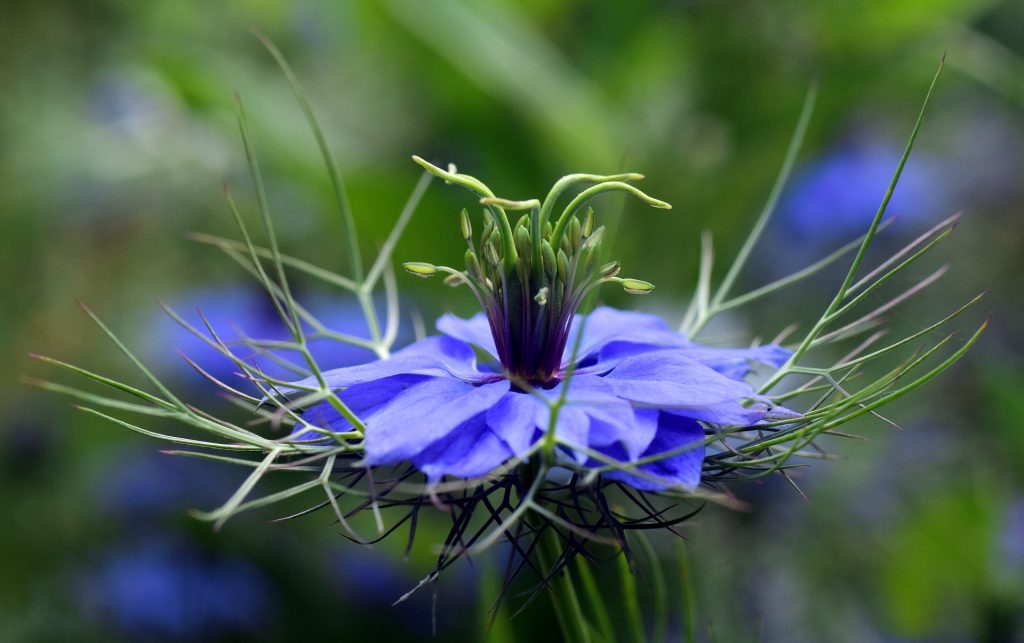
Nigella sativa or Black seed, sometimes called black cumin or black caraway, is a culinary herb and medicinal spice that has been used for thousands of years due to its potential healing properties. Like other acne treatments, black seed appears to have anti-inflammatory and antimicrobial activity (Ahmad 2020).
Used topically in a gel, black seed has been shown to have potential benefits for treating acne. In a 60 day trial, black seed gel was compared to placebo for individuals struggling with acne. Assessment scores showed an average 78% reduction in acne severity with its use. Treatment was well tolerated without reported side effects (Soleymani 2020). Earlier studies have also shown it to be as effective as topical benzoyl peroxide with fewer side effects (Eid 2017).
Dietary Factors
Diet may also play a role in acne, although findings have been somewhat controversial. Diets low in sugar and other simple carbohydrates have been reported to show compelling benefits for reducing acne (Kucharska 2016). Dairy, on the other hand, appears to make acne worse (Juhl 2018). Essential fats, including fish oil, may have some benefits and preliminary studies on probiotics also point to potential positive effects (Balic 2020, Goodarzi 2020).
Conclusions
Natural therapies appear to have a significant place in the treatment of acne. Topicals like tea tree oil, green tea extract and black seed show benefits with minimal side effects for adult patients. Dietary changes, zinc, fish oil and probiotics also likely have a place for helping treat this sometimes stubborn condition.

